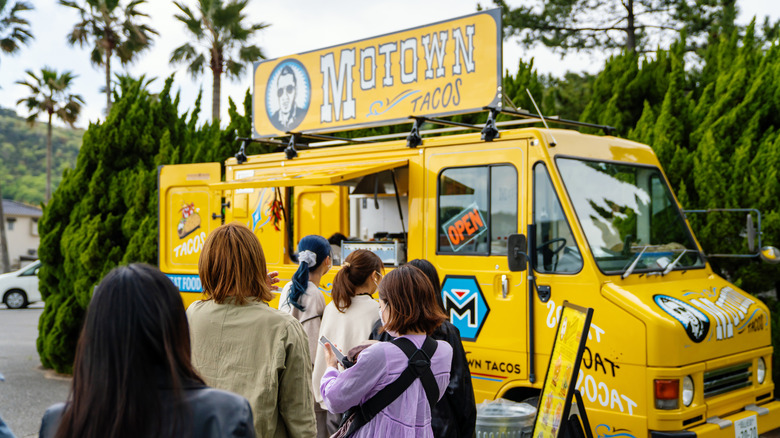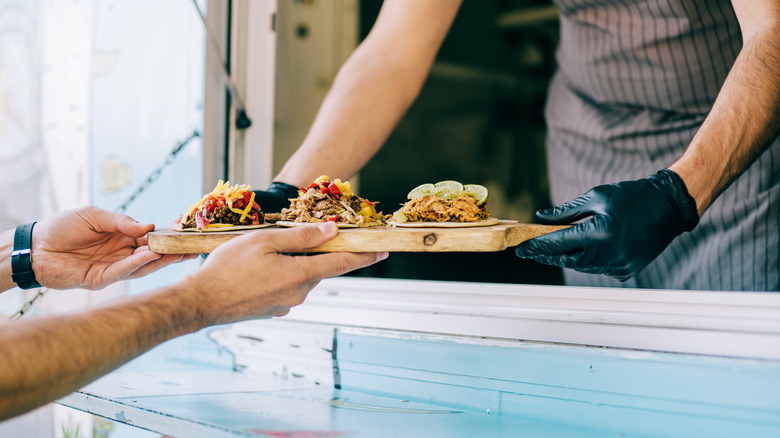Why Consumers Should Be More Worried About Food Trucks
Food trucks have become extremely popular in recent years, allowing hungry customers to enjoy a quick and delicious meal from a parking lot or even the side of the road without the fuss of scoring a reservation. But when you enjoy delicious street food, there is always a risk of getting sick. Many consumers find themselves increasingly suspicious of food truck food safety, more so than brick-and-mortar restaurants, and with good reason. The food may smell delicious as they fire up the grill, but how clean can a truck actually be when you take into consideration the limited space, the outdoor elements, and the intense working conditions inside a food truck kitchen?
There are tons of food safety regulations that food trucks must pass in order to serve customers. The Los Angeles Times analyzed LA public health data and found that 27% of operating food trucks in Los Angeles alone had less than an A grade for food safety and cleanliness. Just like any restaurant, if you don't see the food grade displayed on the truck, chances are they don't want you to see it. You're better off trying your luck at a food truck that proudly promotes its A rating. It is also hard for chefs to keep track of cross-contamination with a limited space for food storage and preparation, and limited time to clean equipment between each usage. Because of this, consumers with food allergies are not always guaranteed a safe meal.
More food truck red flags you shouldn't ignore
Food trucks can be extremely impressive — the food is delicious, the name is catchy, and the decor is eye-catching as they pass by. But no matter how impressive, food trucks are operating in tiny spaces: most average around 16 feet long and 7 feet wide. Because of the limited space, there are often only one or two workers handling everything from money exchanges to plating meals. Cross-contamination from directly interacting with guests and then quickly preparing food is a big problem amongst food trucks. The problem gets even worse when employees do not have proper equipment like gloves or don't have time to wash their hands in between orders.
High meal prices at a food truck might actually be a green flag. These mobile kitchens are extremely expensive to own and operate — Food truck owner Howard Jeon told CNBC that you should have at least $100,000 in your back pocket to start a food truck business, not including all the additional fees for maintenance, permits, and gas expenses, which can potentially rack up thousands of dollars each month. If the truck is following all rules and regulations, it should be quite a pricey endeavor, and they hike up the cost of their food because of it. With the same logic, finding a truck with extremely cheap food might seem like an exciting deal, but it might also indicate that the truck itself is cutting corners around expenses meant to keep customers and employees safe.

